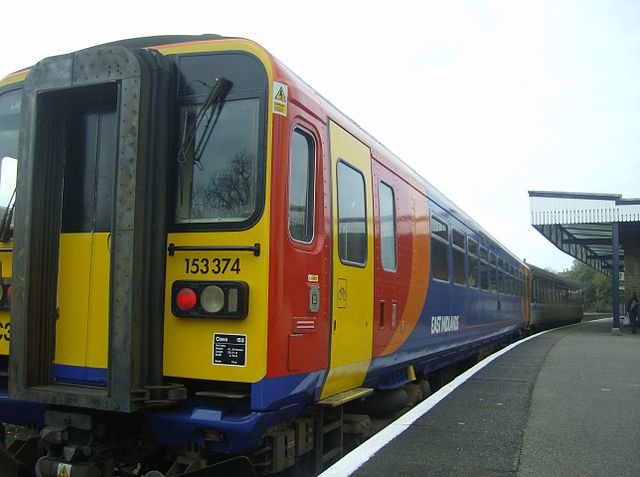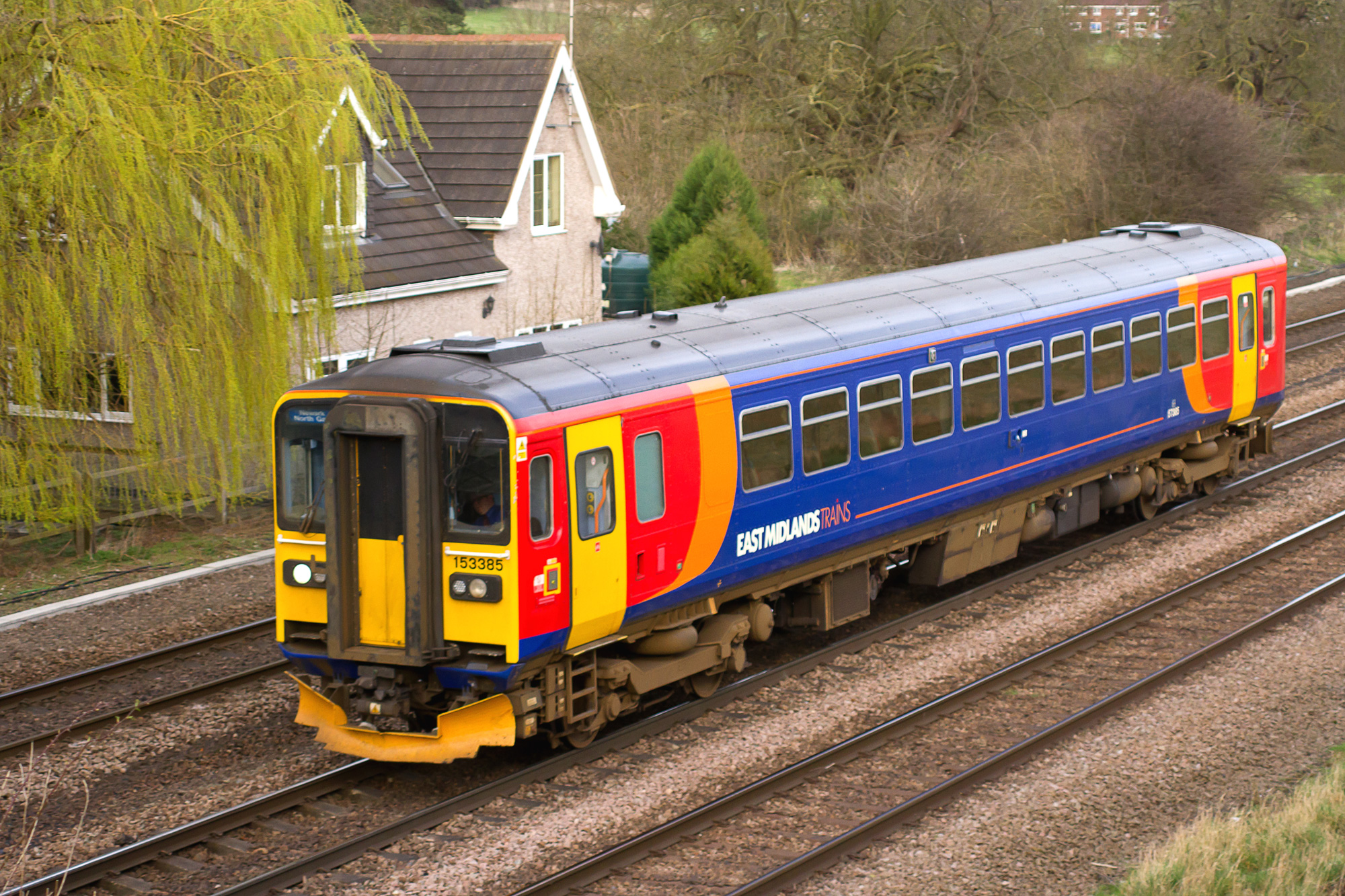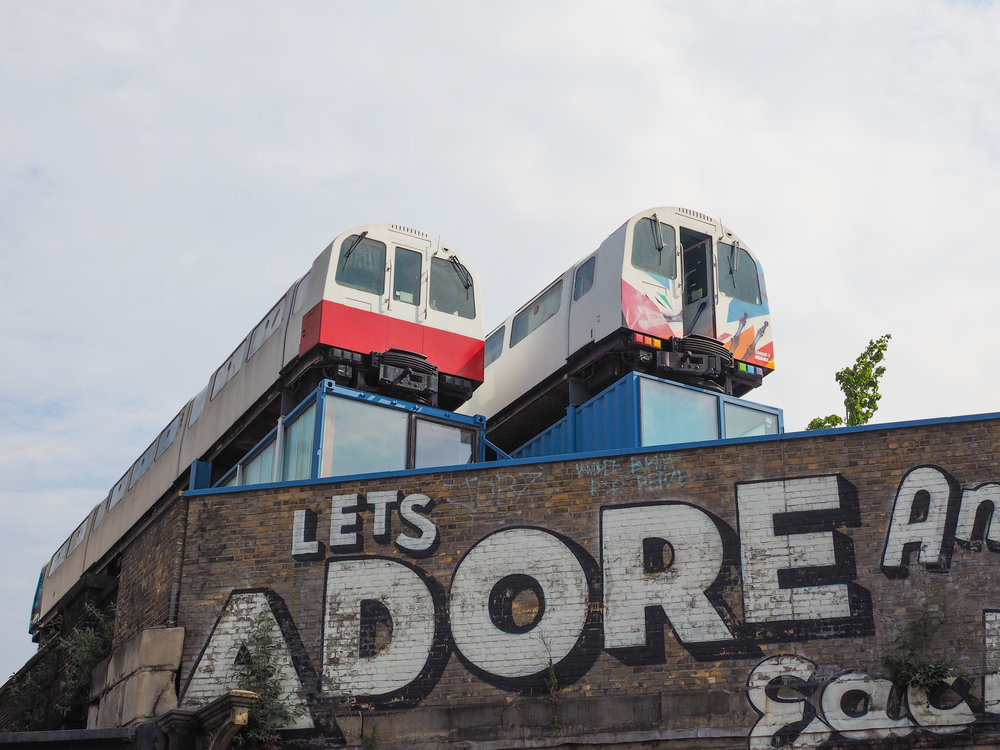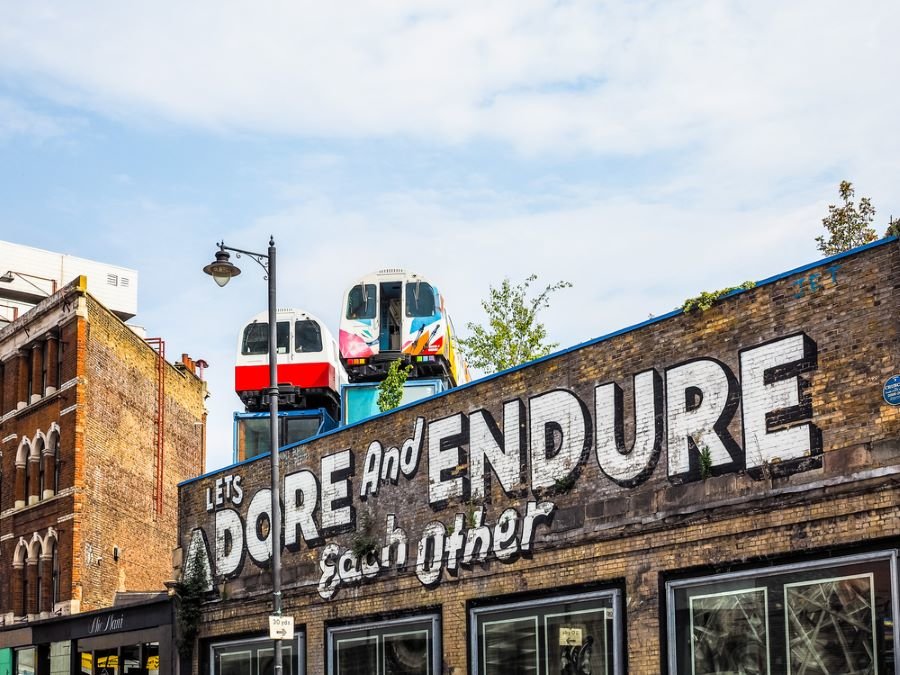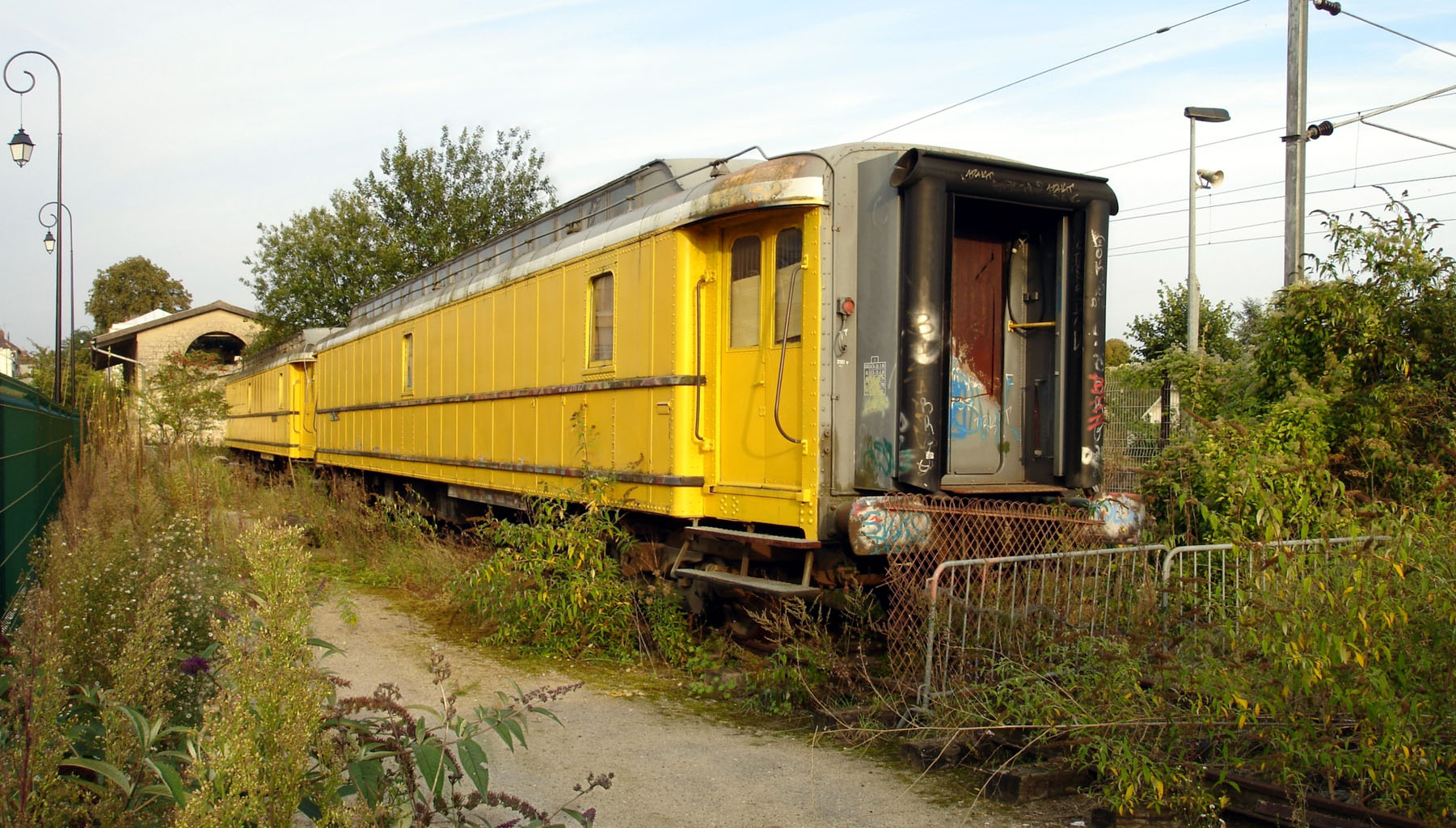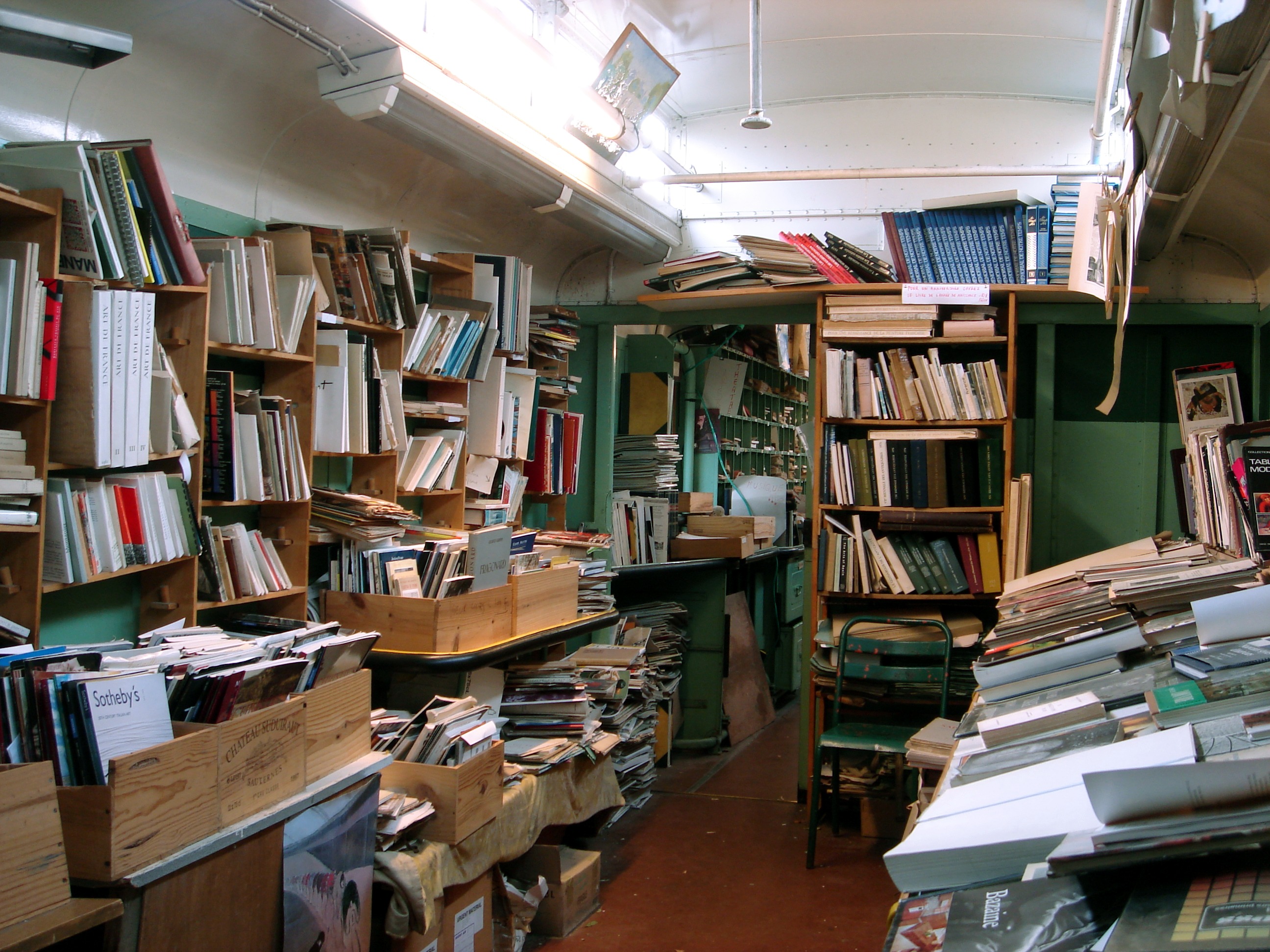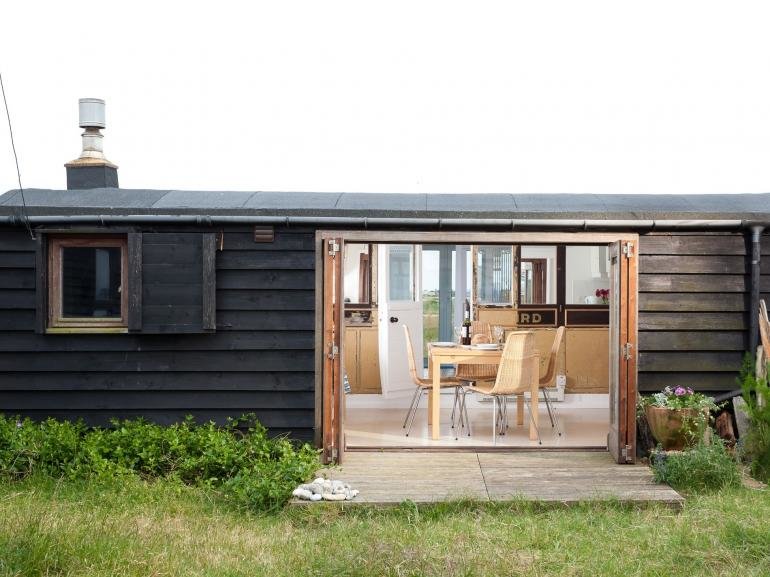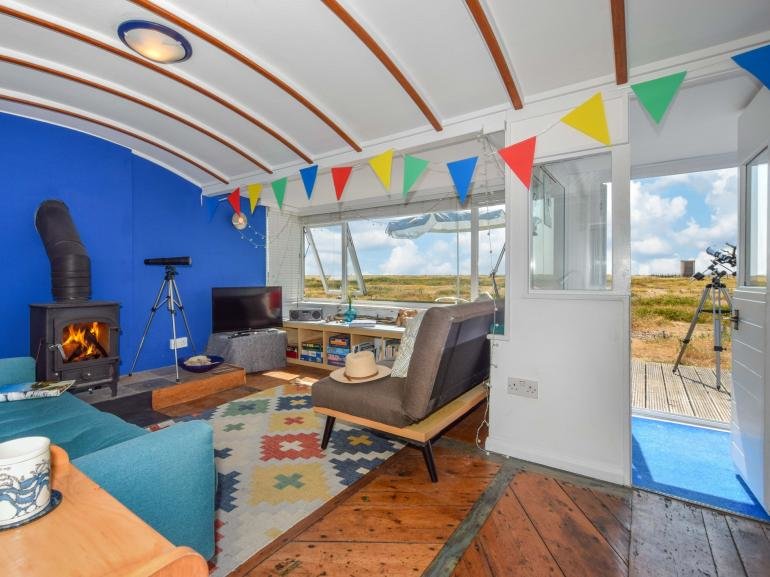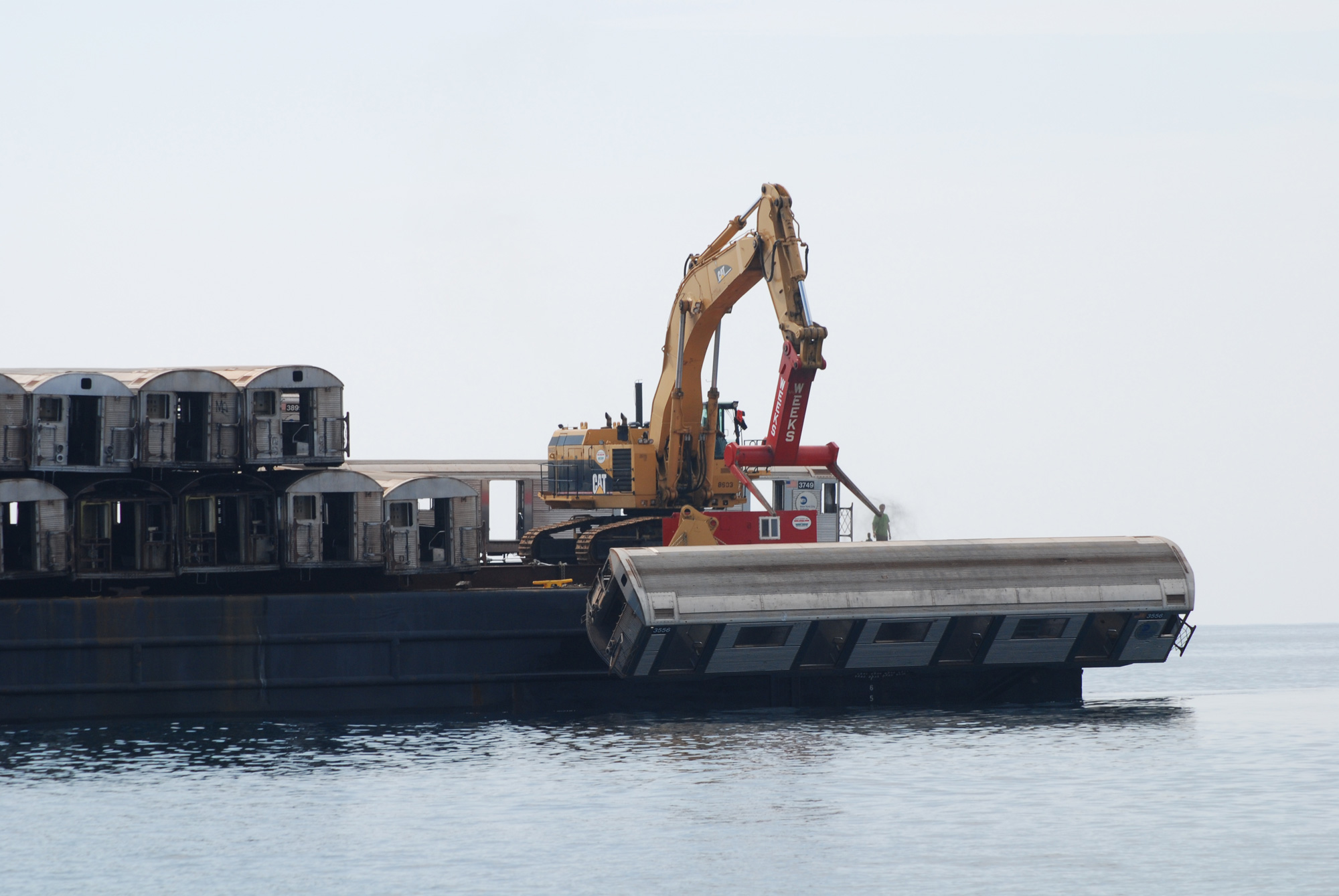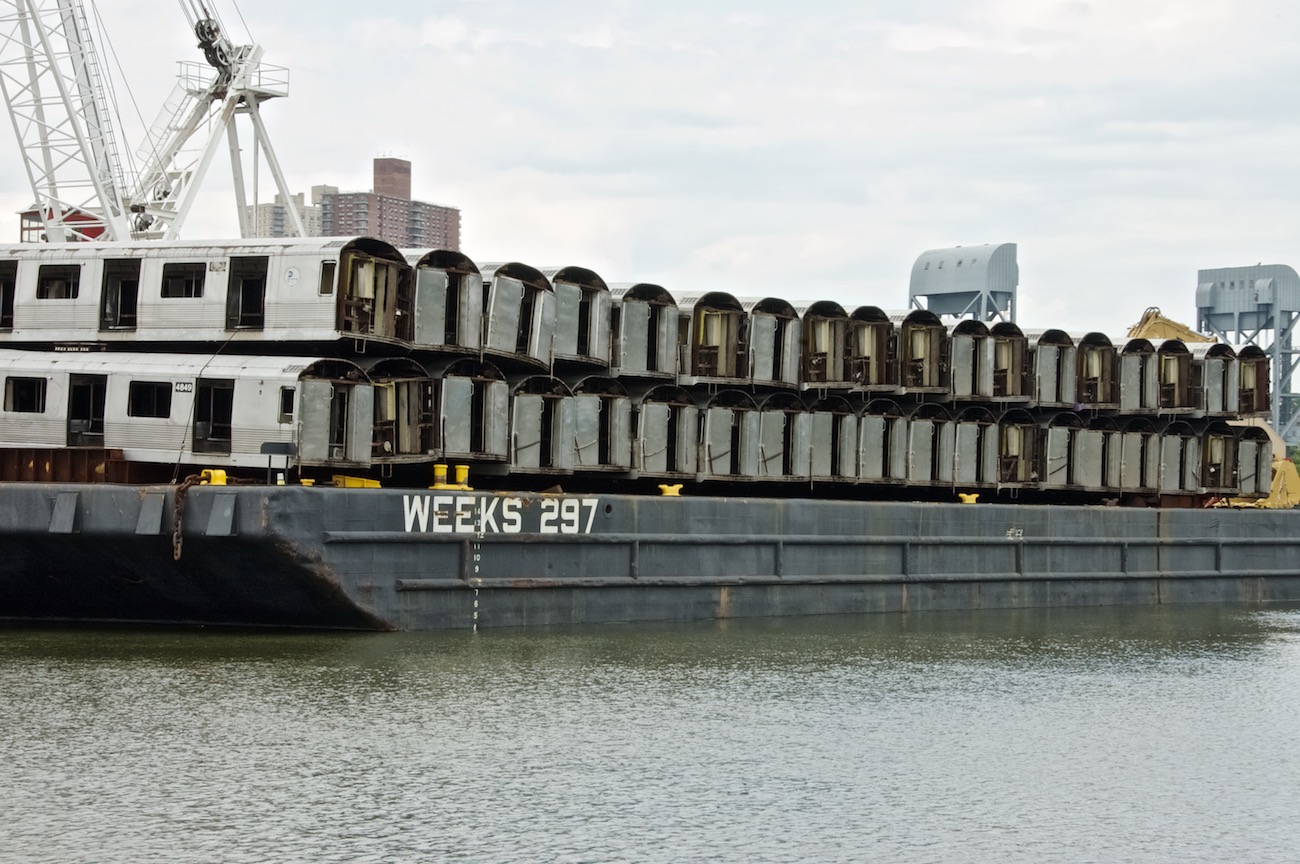Rolling stock
Five unexpected uses for decommissioned trains
Sometimes decommissioned trains are refurbished and repurposed in creative ways. Jasleen Mann looks at five examples.
Sometimes decommissioned trains are refurbished and repurposed in creative ways. Jasleen Mann looks at five examples.
A
fter their life on the rails, train carriages have been transformed into hotels, restaurants, bookstores, houseboats, museums, and more, with the trend involving trains which have origins dating back to World War II. These quirky transformations below highlight the endless possibilities when it comes to putting new life into train carriages.
Café
SWR purchases a new fleet
Most recently, The Llanelli and Mynydd Mawr Railway (LMMR) set the intention of converting a Class 153 single-car diesel multiple unit into a café and meeting room, which will be located in Cynheidre in Wales. Transport for Wales Rail, which acquired the East Midlands trains, and Chrysalis Rail have made the bodyshell available for this project and it arrived at Cynheidre on 6 January this year.
These plans will focus on the interior of the bodyshell to ensure it is suitable for a railway themed community café. The nearby Llanelli to Cross Hands National Cycle Network path will bring members of the public and cyclists to the café.
Venue
Village Underground is a venuein Shoreditch in East London, which inspires a community of artists and start-ups. Four Jubilee line tube carriages and shipping containers which were converted into workspaces sit on top of an old railway viaduct. The old Victorian warehouse next to the viaduct was refurbished and converted into the main venue space.
In addition, energy company Ecotricity provides Village Underground with 100% green energy. The ecological project also reached Lisbon, Portugal, with the VU Lisboa music venue also built from recycled shipping containers using a range of eco-design features.
Book shop
French bookstore, La Caverne aux Livres (The Cave of Books), is a decommissioned SNCF wagon located in Auvers-sur-Oise on the north-western outskirts of Paris. Renovations began in 2017, ensuring that the wagon was ready to be home to a number of second-hand books.
Auvers-sur-Oise is known as the village of painters due to the presence of Van Gogh, Daubigny, Corot, Morisot, Pearce, Renoir, the Douanier Rousseau, Pissarro, and Cézanne at times where they were struck by inspiration for paintings. Isabelle Mézières, the mayor, hopes that the wagon and others will be classified as historical monuments.
Holiday Home
This converted third class smoking carriage once functioned on the South East and Chatham Railway but is now a cottage in Kent. Located within a 468-acre nature reserve, the cottage is now available to be booked for a stay by the owners and Holiday Cottages.
In the 1930s, the Southern Railway kept old carriages and later offered them for use as holiday homes. The bodies of the vehicles were lifted from the wheels. The holiday homes, including Stonihoe (pictured), are situated on what used to be the railway loop.
Artificial Reef
Point Lookout on the east coast of the US received an artificial reef as a result of Governor Andrew Cuomo’s plan to repurpose rail cars that were taking up space on railroad tracks. The rail cars were provided by Wells Fargo and distributed into the Atlantic a few miles offshore from Point Lookout.
It is expected that the debris will attract fish and other marine life. Local economies will benefit from the increase in tourism and commercial fishing.
Main image: A South Western Railway train in London, March 2020. Credit: inProgressImaging | Shutterstock.com
The general economic coronavirus aid of the federal government that has been initiated so far does not offer effective help
